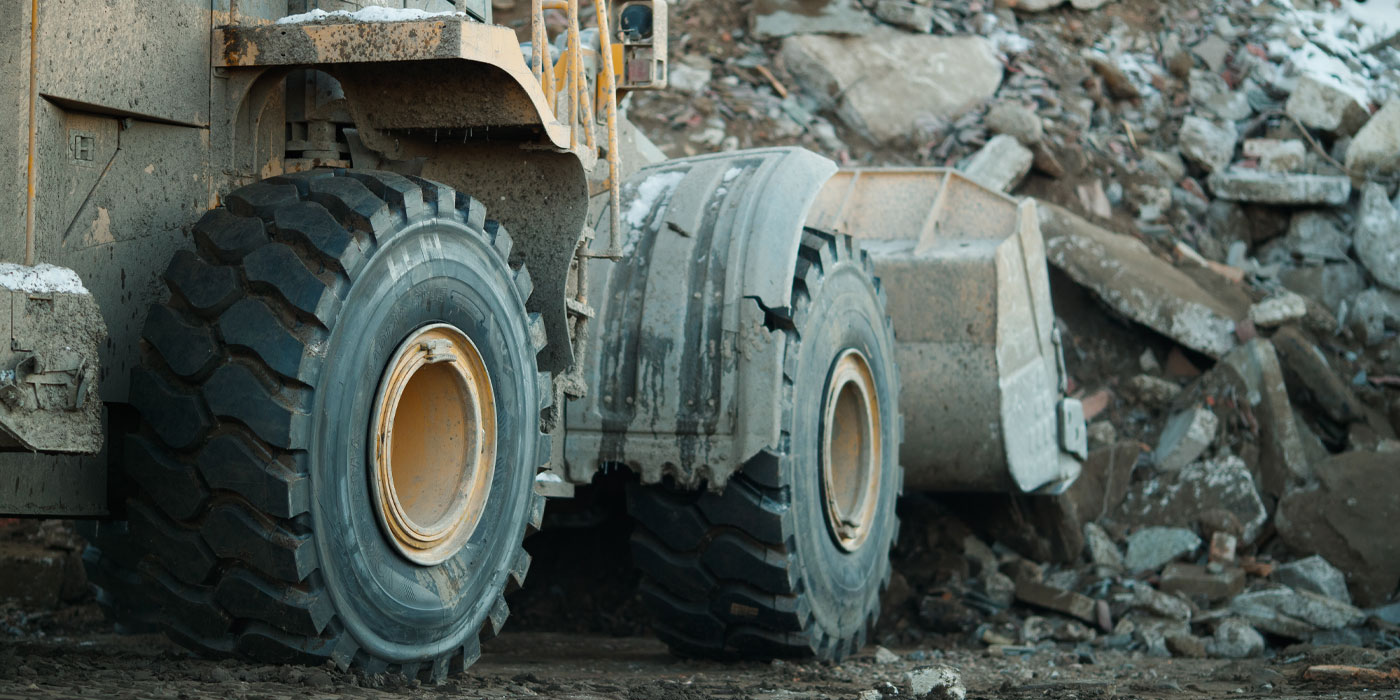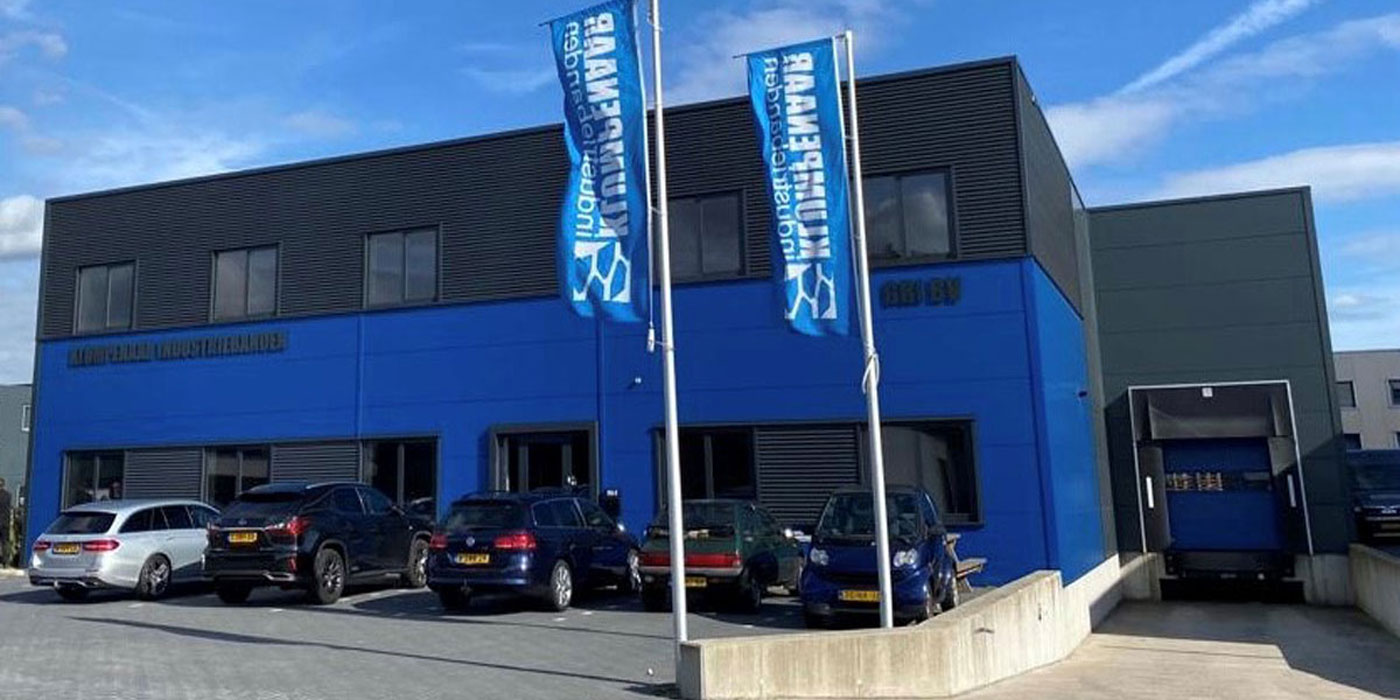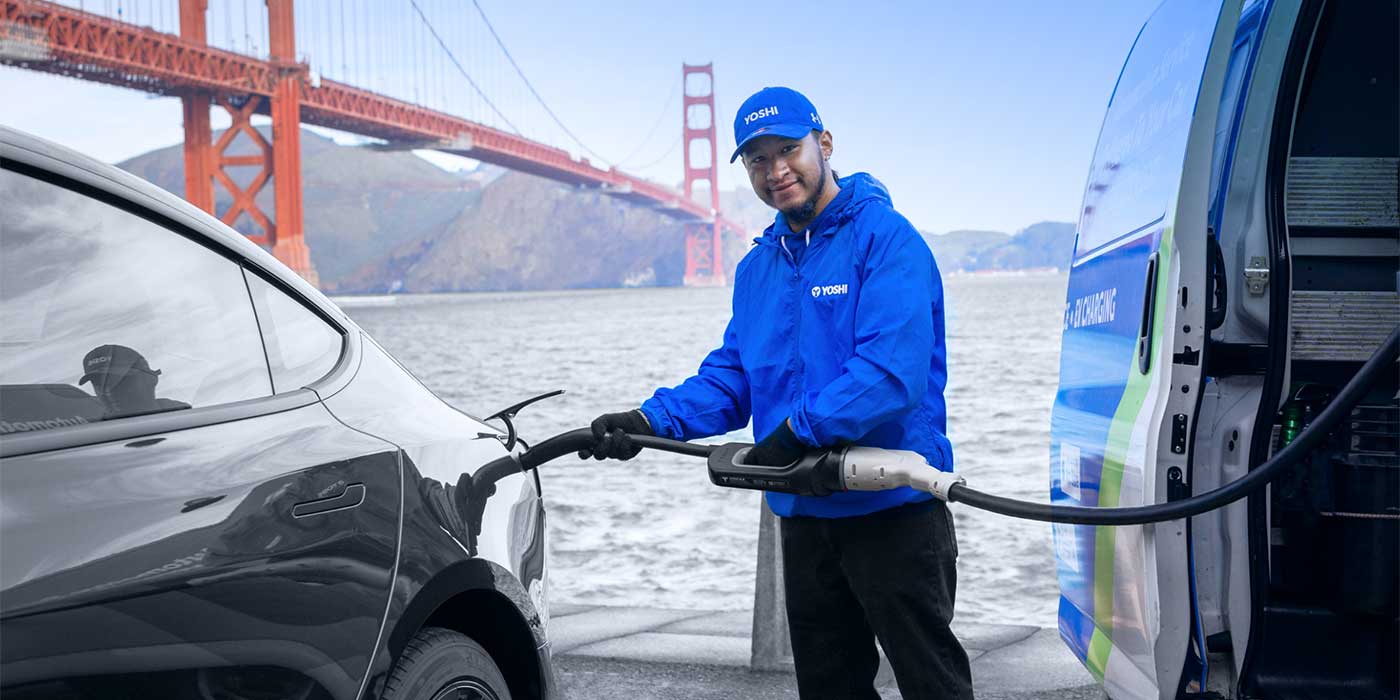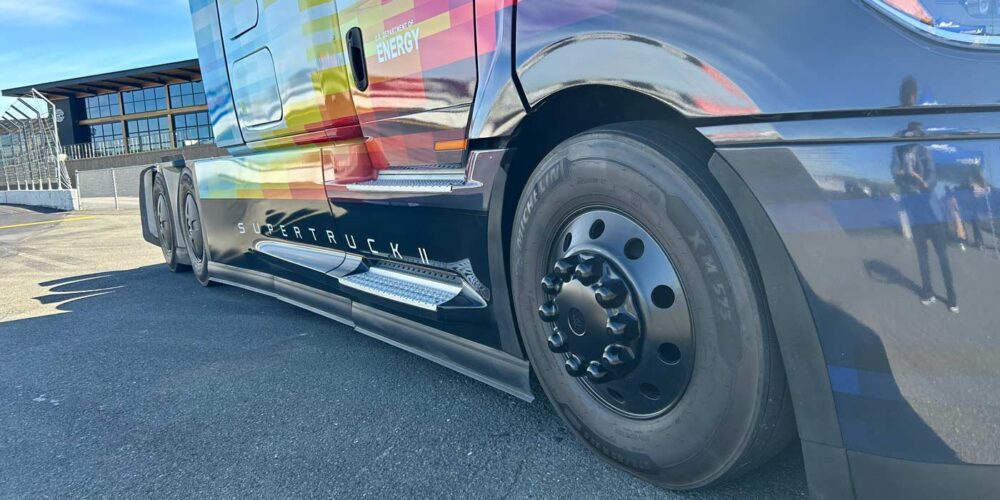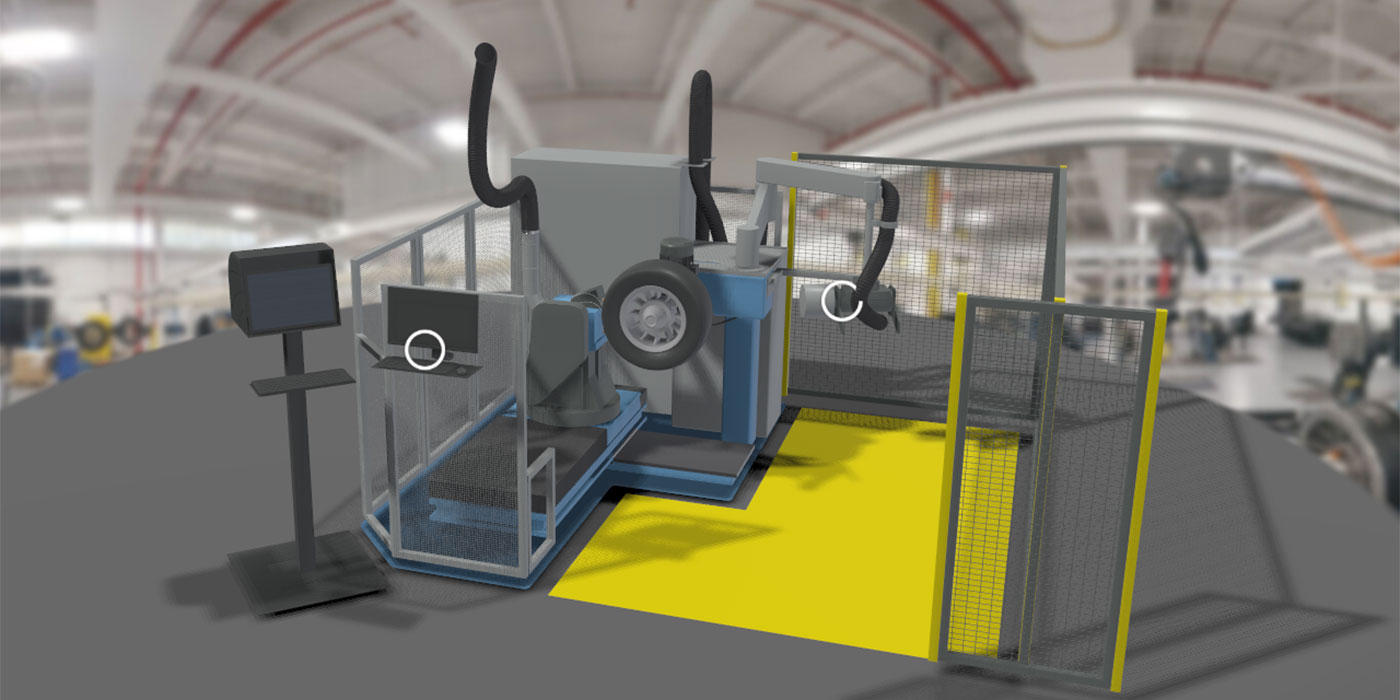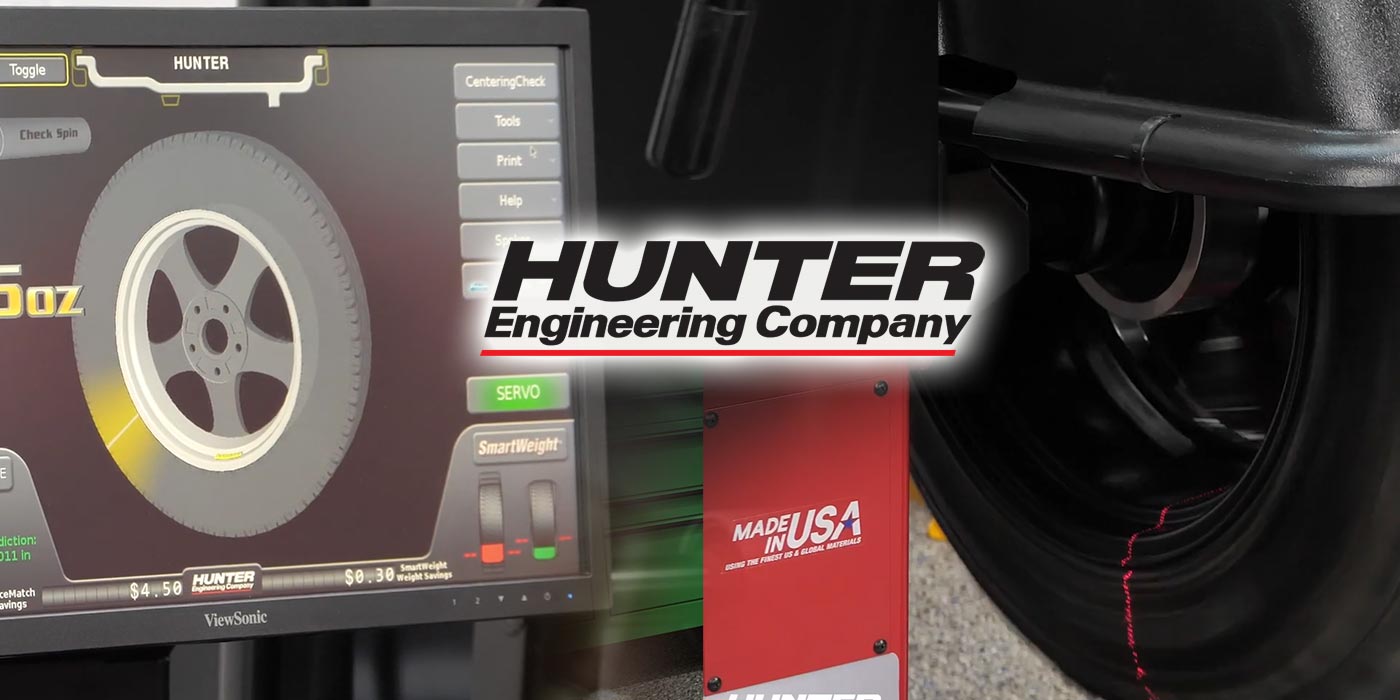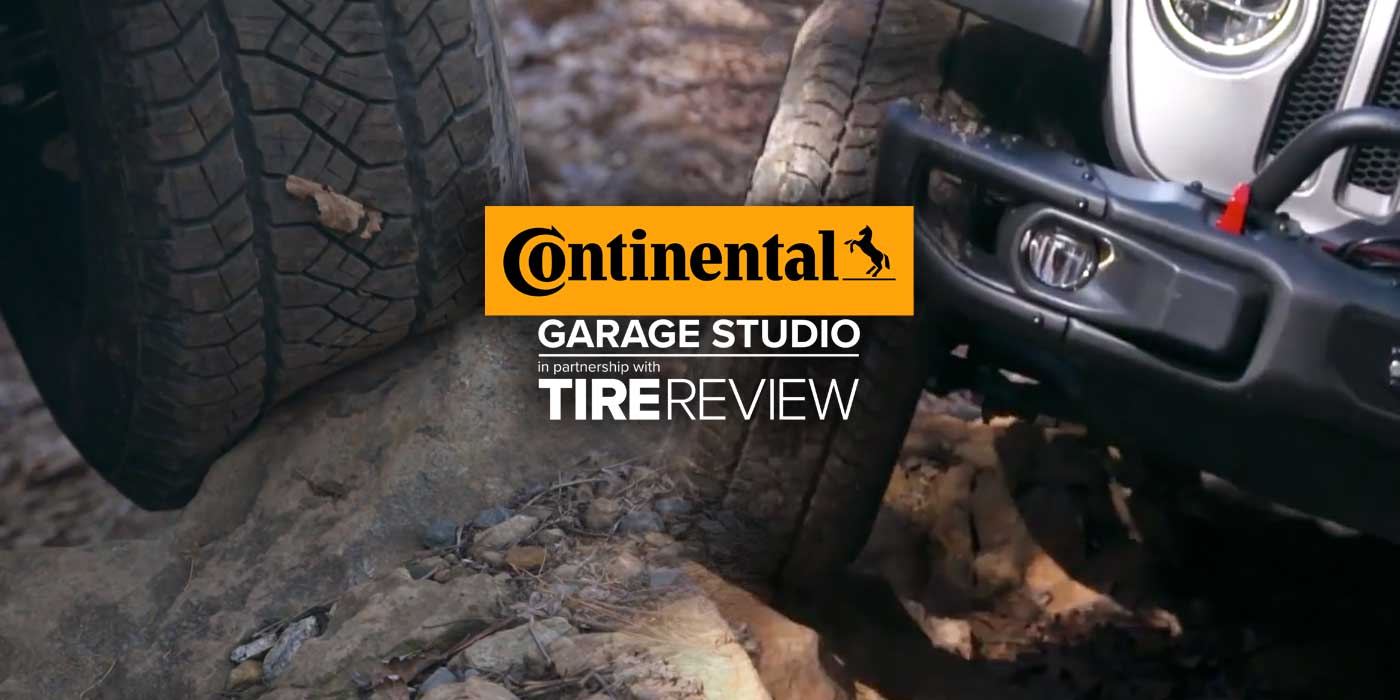Certainly, Canada has a lot at take in the debate over saving Detroit automakers. Here is an inside look at how the editorial board of the National Post – Canada’s version of USA Today – tackled the issue. The reader comments at the end are equally revealing.]
So you think it is easy writing editorials?
You think editorial writers just leap out of bed, fire up the computer and dash off 750 words of brilliant right-wing prose, then off to the club for brekky with the chaps?
Hah, you wish.
When the National Post editorial board set out to craft the perfect opinion on the issue of a massive bailout for Detroit’s Big Three automakers, we ran into a spot of bother.
Specifically, a huge argument over whether we are for or against. What follows is a (slightly) edited recap of the e-mail war between editorial board members Lorne Gunter, Marni Soupcoff, Jonathan Kay and John Turley-Ewart:
Lorne Gunter:
If there is to be an automakers’ bailout here and in the U.S., the two should be a) mindful of one another, if not coordinated, otherwise there is the chance they will be competitive with one another, b) they should be consumer driven, at least in part, because a large part of GM’s problem at least is that it has failed to retool to provide consumers with the size and kind of cars they want, and c) they must include huge concessions from the unions. One of the biggest reason Big Three automakers are in more trouble than, say, Asian ones making vehicles on this continent is that it costs about $130,000 per worker per year versus $90,000, or so, for Toyota, Hyundai, Nissan, etc. for their NorAm plants. The wages and esp the benefits of Big Three autoworkers have been allowed to fatten until they are no longer sustainable. The Japanese makers are hardly forcing their workers into slave labour, so we’re not talking about reducing the minimum wage here or making everyone go part-time with no health care or pensions.
Marni Soupcoff:
I like the idea but I would add a preliminary couple sentences questioning the wisdom of a bailout at all. So it would be an editorial saying we don’t think the govts should bail out the auto industry but since they probably will here’s how they should go about it.
John Turley-Ewart:
I don’t think we can argue from anything but an ideological point of view that bailouts should not go ahead. The actual cost of shutting down the North American auto industry versus a bailout makes any bailout look like a very cheap alternative.
Moreover, the example of the Chrysler bailout some years back by the U.S. government is a good one and eventually returned to the U.S. Treasury $400 million in profit once Chrysler was back on its feet.
Marni Soupcoff:
Cheap for whom? The U.S. couldn’t even afford the bailout they’ve already given to wall street and their taxpayers are going to be thanked for giving this forced donation to people who were the authors of their own demise with a bankrupt social security system.
Yes big auto going down will be hugely painful and messy but at least it would discourage future idiotic business decisions.
A bailout perpetuates bad choices. We don’t stand for rewarding people’s irresponsible behaviour when it comes to welfare bums. Why should we do it for the big guns?
John Turley-Ewart:
Cheap for the taxpayer – that is whom. Shutting down a third of US industry would not be met with smiles of better management to come in the future and promises of prosperity just over the horizon.
Personal and corporate taxes will be substantially raised to reduce poverty and unemployment levels through infrastructure projects and sadly history militates against the idea that letting the fools fail will generate better management down the road. Better management will be achieved through the reform of corporate governance, rather than failure.
The real question politicians have to answer re bail outs is what would the social cost be of letting the big three stew in their own soup. The answer to that question offers an easy answer to the bail out question – the bail out is by far the better solution crafted along the lines of the Chrysler deal of years ago.
Marni Soupcoff:
I don’t agree that you can achieve the better management without the failure, particularly in a case like this where the problem was so obviously self-created – especially in the U.S. where the health and retirement benefits were stupidly expensive. You can’t let industry think it can keep making those kinds of choices and have mama government bail it out when the things get rough.
Would people smile if the big three went down? Obviously not. It’d be nasty. But it’s possible foreign automakers that make their cars in the U.S. (Toyota, Honda, your own BMW, etc.) would pick up some of the slack in terms of jobs.
John Turley-Ewart:
Bad management isn’t cured by failure or by bail outs. It requires change to the way corporate governance is structured. So what I am saying is that the facts are clear that the argument that better management will follow having let the big three fail is a slogan rather than a reality.
Better management is a product of governance. Nothing else, nothing more.
Enron failed and what happened? Did it usher in better management in corporate America? No. New regulations were imposed but not the essence of corporate governance, where the problem really lies.
And saying it’d be nasty doesn’t even come close to what we are talking about here – and remember if the U.S. auto industry goes down so too does Ontario’s. The impact on the standard of living would be simply unthinkable and would probably generate demands for huge state intervention that would be far more damaging than anything a bail out could possibly generate
Marni Soupcoff:
What are the automakers going to do with the money, and how do we know they’re not going to require another massive cash infusion as soon as they’ve burned through this round?
John Turley-Ewart:
The penalty for failure and being bailed out is to have to write a business plan that is acceptable to the government – one that will for example focus on building cars with better fuel efficiency and that offers a clear strategy for repaying the debt to the government.
How do we know they won’t need another cash infusion 20 years from now? We don’t, just as the U.S. gov’t didn’t know that Chrysler would need another infusion after it saved that car maker back in the 1980s.
What the government can do is insist on a clear business plan with realistic goals and stated strategies to meet them. If we really want to see government guard against future infusions, then we would call for a remaking of corporate governance, beginning with the end to issuing common shares with voting rights which feeds the fiction that shareholders are owners and oversee the corporate management of their companies through boards of directors.
That fiction is one of the principle reasons bad management continues to cost the economy so much despite letting companies fail, bailing out companies and dreaming up complicated ways to tie firms up in regulatory knots
Marni Soupcoff:
Sorry, but if the only punishment for failing horribly is “to have to write a business plan that is acceptable to the government,” then there’s no hope GM will do better. We’ll be right back where we are in six months once they’ve burned through this money. What? But then they’ll have to WRITE ANOTHR BUSINESS PLAN? I’m sure they’ll be shaking in their boots….
John Turley-Ewart:
You might think that, except precedent would prove you wrong. Again the Chrysler bailout by the US government is an example that simply cannot be dismissed.
The company issued special warrants to the government in return for life-saving loans and a business plan under Lee Iacocca that put the firm on a completely different track. U.S. taxpayers walked away with an extra $400 million in their pocket as a result of that business plan and the government’s investment
Marni Soupcoff:
Given the disagreement, perhaps Lorne could do the editorial the way he originally pitched it – without a yea or nay on the bailout itself, just with several suggestions of how to handle it. John, we can take this outside.
Jonathan Kay:
I am coming into this way late, but why the #*?@#? would we even consider bailing out a bunch of incompetent dinosaurs when they are just going to need another bailout in 6 months?
Marni Soupcoff:
Apparently because if we threaten them with the frightening prospect of having to write a business plan, they will miraculously have a “corporate governance” transformation and from there on out become profitable. Just look at what a fantastic success Chrysler is. Don’t know what Daimler was thinking to dump them…
Jonathan Kay:
Why would the National Post countenance this crap?
Lorne Gunter:
I’m going to write this up as I pitched it, with a strong component on why bailouts are only short-term political sops that never cure what really ails corporations. But given that they are unavoidable because voters demand them as much as execs, then here is how this one should be structured.
(There can be no true reform, though, until bailouts cease and execs have to be truly accountable to the markets and investors for their failures. Being accountable to govt has never worked.)
John Turley-Ewart:
I’m glad to see Lorne gets the corporate governance reform I was alluding to – that is the real area where reform has to take place if change is to come and billions are to be saved from the fool-hardy endeavours of bad managers. Seeing a firm fail does not turn bad managers into good ones
Marni Soupcoff:
Uh, John? Lorne says there can be no true reform until the bailouts stop.
John Turley-Ewart:
The more important line is this one:
‘and execs have to be truly accountable to the markets and investors for their failures. Being accountable to govt has never worked’
And I do believe I said back in this thread that neither a bailout nor failing gets at the real heart of the problem – governance.
On principle one can oppose bailing out private companies and I for one hold that principle, yet when you are in government and doing a cost analysis as to which is cheaper a bailout or failure the bailout comes as the cheapest option for taxpayers and the most likely to head off even worse political solutions that are likely to emerge in times of economic turmoil.
Marni Soupcoff:
Your cost analysis is failing to take into account the cost of all the future economic disasters that bailouts now will spawn. My point (well, really George Will’s point, but I think he’s right) was that there’s a good argument to be made that the current economic crisis in the U.S. is partly a result of the incentives and attitude-shaping from past government intervention – bailing out Chrysler in ‘79, screwing with natural home ownership rates with Fannie and Freddie
John Turley-Ewart:
I am saying it is the bailout in conjunction with the failure to bring about a truly substantial reform of corporate governance, which despite all the regulation left in place the underlying structures that allow bad managers to run good companies into the ground.
Thus blaming bailouts isn’t the answer because the logic of that argument, that letting companies fail generates better management and shareholder oversight simply cannot be supported by empirical evidence. It’s a slogan, as I mentioned before, and history is littered with examples of dead corporations that prove the point.
Marni Soupcoff:
Are you selling a corporate governance course or something?
John Turley-Ewart:
Funny that you should ask that ….
I have an excellent piece forthcoming in FP Executive from an esteemed b-school prof emeritus offering a radical solution to the bad management of public companies and it does not entail more government regulation
Marni Soupcoff:
Oh, good lord. I suspected something like that.
READER COMMENTS
by beyondgreen
Nov 12 2008
7:09 PM
We have to look at "the big picture." The days of tunnel vision are over. Our nation better wake up and smell the coffee. With all our bail outs along with the 168 billion economic stimulus package, that btw did nothing for our economy it is hard to understand why our government can’t see the need to bail us out of our dependence on foreign oil. I am appalled at news stories of green technology losing hope of being furthered because of lower gas prices. How long does anyone really think this decline will last? OPEC holds the key and we are at their mercy. They just cut 2 million barrels in production a day and vow to cut more if prices don’t rise again. Instead of spending billions upon billions on bailouts, why don’t we instead invest in renewable energy. We have GUARANTEED returns if we do this. I just read a fascinating book by Jeff Wilson called The Manhattan Project of 2009 Energy Independence NOW. I highly recommend this book for anyone interested in seeing our country become energy independent. www.themanhattanprojectof2009.com
by dismayed71
Nov 12 2008
7:45 PM
First change in corporate governance :
All bonuses to be in the form of shares which cannot be sold until 10 years after leaving the company or retirement. That would put paid to quarterly accounting to juice the results. Just think of all the executives, CEOs, CFOs who walked away with billions then saw a company revise the accounts a few years later or almost collapse.
Do this on Wall Street and Bay Street and shareholders will see a big change.
by AlanMaki
Nov 12 2008
7:50 PM
Obviously free enterprise has failed. Why should taxpayers bailout the Big Three when in a few months the price of each of the Big Three’s stocks should be less than one-dollar a share.
Taxpayers will have the opportunity to purchase the entire automotive industry for a real bargain for far less than what the wars in Iraq and Afghanistan are costing us.
A board consisting of all the stake-holders could be brought together and we could finally produce quality products which are environmentally friendly… not to mention affordable.
Capitalism hasn’t worked; socialism will.
The Big Three cry poverty after they have taken the wealth created by North American workers and invested that wealth in quest of cheaper labor and resources.
I don’t believe politicians would even consider turning over one penny to these greedy corporations without even had the opportunity to see their books… all the books including the international operations.
What taxpayers finance, tax-payers should own.
The time has come to put People Before Profits!
by IainGFoulds
Nov 12 2008
7:55 PM
… Alan, profits mean jobs… duh.
by osaycanuc
Nov 12 2008
8:15 PM
Without profits, no incentives. Without incentives, no companies. Without companies, no growth. Without growth, no jobs. Without jobs. No food. People before profits? My ass: enjoy that hunter/gatherer lifestyle out there. What a pile of palpable nonsense here.
by IainGFoulds
Nov 12 2008
8:36 PM
… Osay, but your equation is too complicated to remember and shout out at protest rallies.
by 4STICKS
Nov 12 2008
8:52 PM
A bailout could work if the government got tough on the unions, but the government will back down under political pressure.
If you don’t reduce GM’s labour and benefit burden by at leat 30%, then you are simply throwing money down a deep dark hole.
by osaycanuc
Nov 12 2008
9:00 PM
Good one Iain. You’re right. Sadly.
by smith12
Nov 12 2008
9:11 PM
The missed point here is that it takes years to bring a vehicle to market Five years ago everyone wanted a big, powerful, and ironically safer bargemobiles. So thats what everyone built, and everyone bought. Fuel prices can change in moments as can the perception of ones financial prospects. but tooling takes time, it did in the 1970’s and will in the 2000s.
There is a limit of how much we can punish antone for not seeing the future.
by Jay Brezny
Nov 12 2008
10:03 PM
Well I can certainly understand why the Post ed board is having trouble with this one. I personally agree with BOTH sides of this debate. On the one hand, if we let the carmakers fail, then North America effectively cedes control of the auto market to Asia. Any future innovations, any future profits, belong to them.
On the other hand, give these companies a taxpayer handout and you’ve created a moral hazard that makes it easier to take risks and fail with impunity.
Quite the quandary. But one point I do have to make: The financial system has gotten its zero-accountability, zero-transparency bailout, so if the arguments presented here are correct, then I think we can safely look forward to a completely irresponsible, government-teet-sucking banking sector for at least a generation to come. And with no guarantee that they will be profitable, or stable, or that they will carry out their principal function (financing businesses and consumers).
Wonderful.
by Now hear this
Nov 12 2008
10:26 PM
I work in the automotive industry. For 20 years I have watched GM, Ford and Chrysler stumble and bumble around. GM, for one, still doesn’t get it. They try to be everything to everyone, with a broken business model and fearsome competition on their heels. Giving them a bailout will only see them in the same spot a year from now. If governments are hell-bent on doling out money to this industry, set up a fund for the employees that will be nailed in a Chapter 11. Then let the company go. It can rid itself of ridiculous union burdens, health plans and legacy overhead. A much smaller healthy company will rise from the ashes. There is no other solution, much as we’d like to think otherwise. The "Big 3" put themselves where they are, and for 20 years they have rearranged the deck chairs. There is no indication they will change this.
by Tim Cares
Nov 12 2008
10:32 PM
This is not about dinosaurs building cars no one wanted.
There is a recession in the US, there is a credit problem caused by Wall St.
This has caused the number of cars purchased to drop dramatically.
The offshore companies are not picking up the slack and selling that many more cars, people just are not buying them because they don’t have the money or they have figured out that they can’t keep buying based on the increasing equity of their house, now that it isn’t increasing.
These dinosaurs were building the cars people wanted. Americans like big cars and big trucks.
The only thing that caused them to stop wanting them was a dramatic spike in the price of gas, which some say was caused, again, by Wall St. speculators.
When, if, the recession ends, these companies will be able to sell cars again.
Sure they will have to downsize the cars, unless the price of oil remains low, in which case people will start buying the large trucks and SUVs again.
by Standing in Line
Nov 12 2008
10:32 PM
We don’t bail them out and we’re looking at ten years plus of Woody Guthrie remakes. Who wants that? huh? who??? Celine knockin’ out "This Land." I’d pay 25 billion in a heartbeat to avoid that. Even if it only knocks six months off the table.
by Straightup
Nov 12 2008
11:18 PM
They have to be bailed out. We’ve got a perfect economic storm here – letting them fail would be the lynch pin to a shit storm you can’t imagine. Trust me when I say these bailouts irk me like nothing else especially for banks – stupid arrogant scum in Armani – sorry I digress.
Point being you don’t want to see the domino effect of letting these guys fail, not now – and it won’t improve governance. Actually if I had the choice I’d give it to the manufacturing sector before banks. Banks made decisions on pure greed and even repeated history (debt oil crisis) whereas unions are partially hamstringing the big 3.
I’m with Lorne on his a, b, and c points.
And don’t tell me the big 3 couldn’t adjust. The MBA’s sitting in the decision chairs have analysts coming out the wazzu but didn’t see it coming – spare me.
The catch should be the equivalent of chapter 11 restructuring without letting them fail and that includes union claws being clipped.
by kwlawson
Nov 12 2008
11:26 PM
Whatever happens their prices are far to high in Canada, so why bother buying one. One Toyota dealership rep said we do not give discounts, well my friend your company is also in trouble, you will be sharpening your pencil sooner than you think, because we (Consumers) are not buying until you do. And discounts in Canada are pathetic.
by Standing in Line
Nov 12 2008
11:39 PM
….aaannnd back to Kay on illiteracy and the failure of the education system. It’s not just the lack of discounts that qualify as pathetic.
by ZeeBC
Nov 12 2008
11:45 PM
The Chinese are bailing out their industry. They will succeed because if the CEO’s screw up they will probably be executed. A bailout will only work if workers take a hefty cut in pay, unions cannot strike and management is held accountable. Under pain of death!
OK, 50 lashes.
Ten?
Nath_BC
Nov 13 2008
12:09 AM
It is hard to believe that all the conservatives are eager to bail out the failed auto industry with ordinary tax payer’s money. Is that not perverted form of Marxist re-distribution of the wealth, not of the rich but of the middle class to the greedy rich and incompetent? There is little or no money in the kitty, so where is the bail out money going to come from. Are we going to pass it on the next generation or even not yet born? What is this world coming to?
Bail out is not the only option. Let the auto industry be restructured so the dead wood is eliminated and it is made efficient. The current structure is bloated and simply cannot be sustained.
by ZeeBC
Nov 13 2008
12:39 AM
Nath…It is not Marxist redistribution. It is the least of two evils.
Unless there are no conditions or caveats attached.
If you have comments to share, send to me at [email protected].
– Jim Smith

